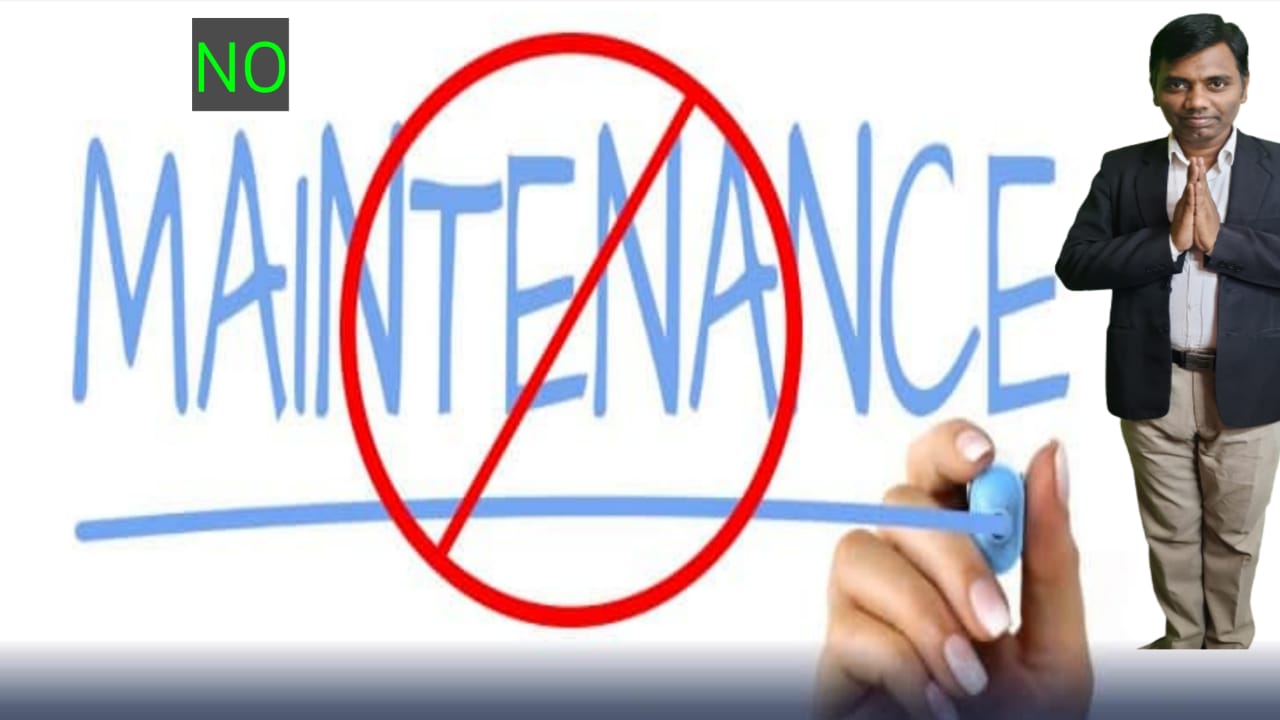In the realm of family law, the issue of maintenance, often referred to as alimony or spousal support, holds significant importance in ensuring the financial stability of spouses, particularly in the aftermath of a divorce or separation. However, there are instances where a wife’s claim for maintenance is denied by the court, sparking debates and raising questions about the legal reasoning behind such decisions. This article delves into the complexities surrounding the denial of maintenance to a wife by the court, shedding light on the legal insights and implications involved.
1. Legal Framework and Considerations:
When a wife seeks maintenance from her spouse, the court evaluates various factors to determine the validity of her claim. These factors may include the duration of the marriage, the financial resources and earning capacity of both parties, the standard of living established during the marriage, any agreements between the spouses, and the needs of dependent children, among others. The court’s primary objective is to achieve a fair and equitable outcome, taking into account the unique circumstances of each case.
2. Grounds for Denial:
The denial of maintenance to a wife by the court can stem from several grounds, including but not limited to:
– Demonstrated Financial Independence: If the wife has sufficient financial resources or earning capacity to support herself adequately, the court may deem her ineligible for maintenance.
– Lack of Dependency: In cases where the wife is not financially dependent on her spouse or can meet her needs through other means, the court may deny her claim for maintenance.
– Short Duration of Marriage: In marriages of short duration, the court may be less inclined to award long-term maintenance, especially if there are no compelling reasons to do so.
– Pre-existing Agreements: If the spouses have entered into a prenuptial agreement or a separation agreement that addresses the issue of maintenance, the court may honor the terms stipulated therein, thereby denying any additional claims for maintenance.
3. Challenges and Remedies:
The denial of maintenance can pose significant challenges for the wife, especially if she relied on such support for her financial well-being. However, it’s essential to recognize that court decisions are based on a thorough examination of the evidence presented and the applicable legal principles. In cases where the wife disagrees with the court’s decision, she may explore the following remedies:
– Appeal: The wife may have the option to appeal the court’s decision if she believes there were legal errors or procedural irregularities in the proceedings.
– Modification: If there are significant changes in the wife’s circumstances or if new evidence comes to light, she may petition the court for a modification of the maintenance order.
– Legal Assistance: Seeking guidance from a qualified family law attorney can help the wife navigate the legal complexities and explore available options for recourse.
Conclusion:
The denial of maintenance to a wife by the court underscores the nuanced nature of family law proceedings and the importance of considering various factors in determining spousal support obligations. While such decisions may be disappointing for the wife, understanding the legal reasoning behind them is crucial for informed decision-making and exploring potential remedies. By seeking legal assistance and advocating for her rights within the bounds of the law, the wife can strive to address any disparities and achieve a fair resolution to her financial concerns.
In essence, while the denial of maintenance to a wife may present formidable challenges, it also highlights the need for a balanced and equitable approach in resolving marital disputes and ensuring the welfare of all parties involved.



